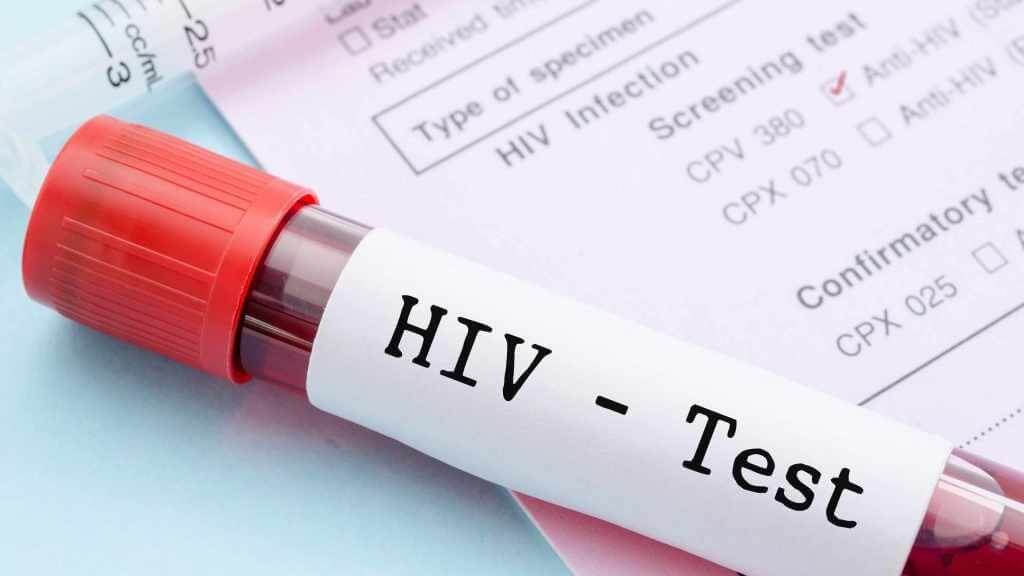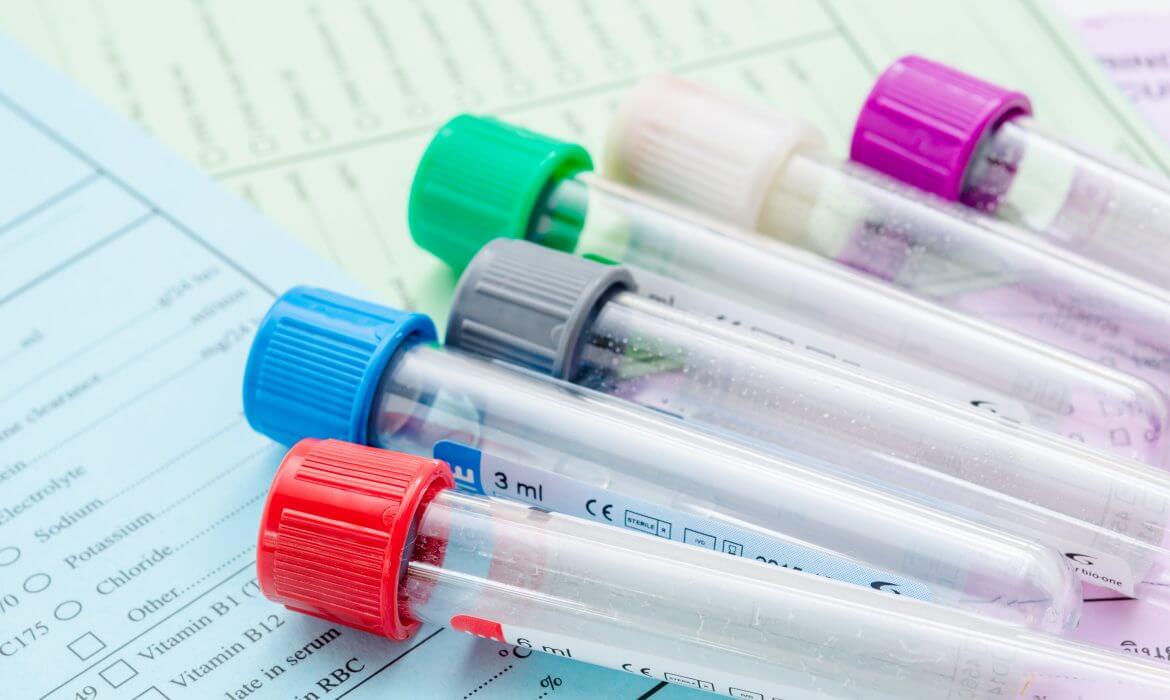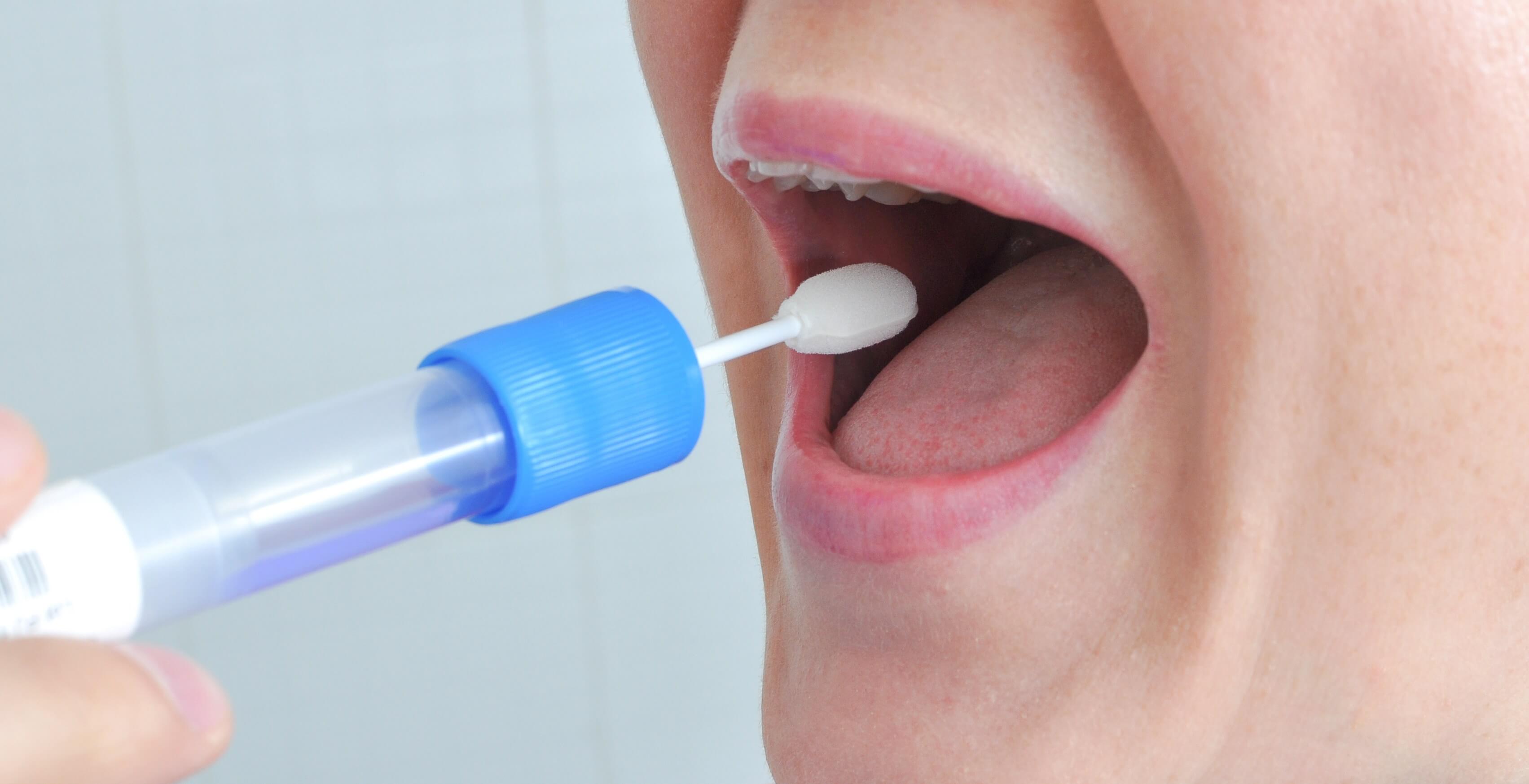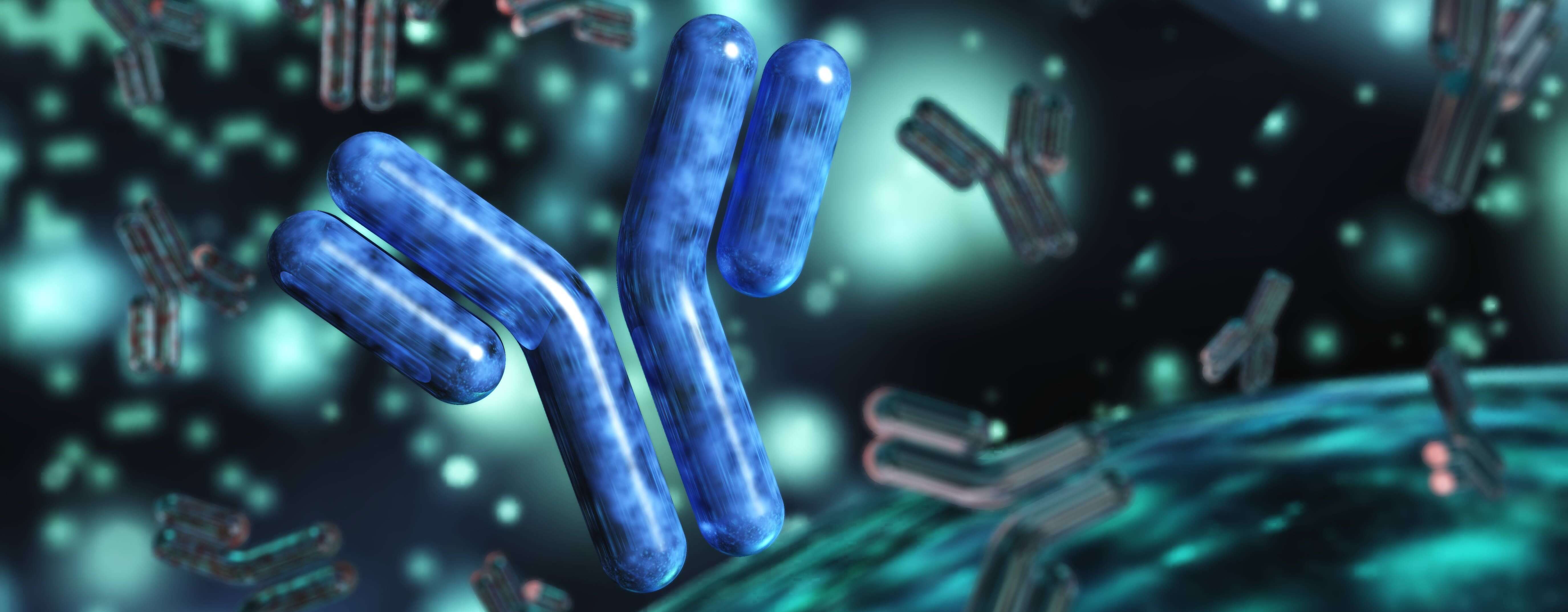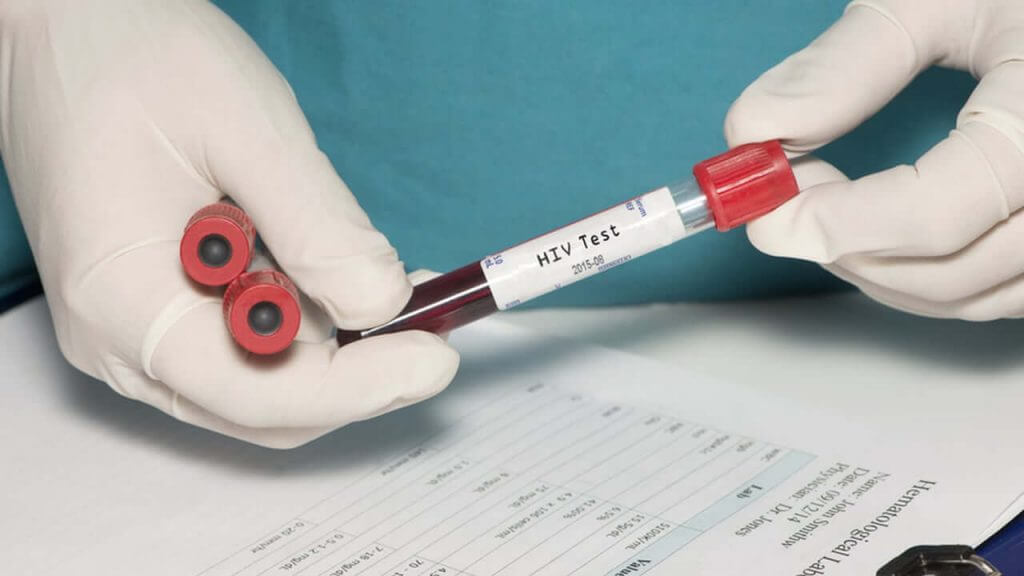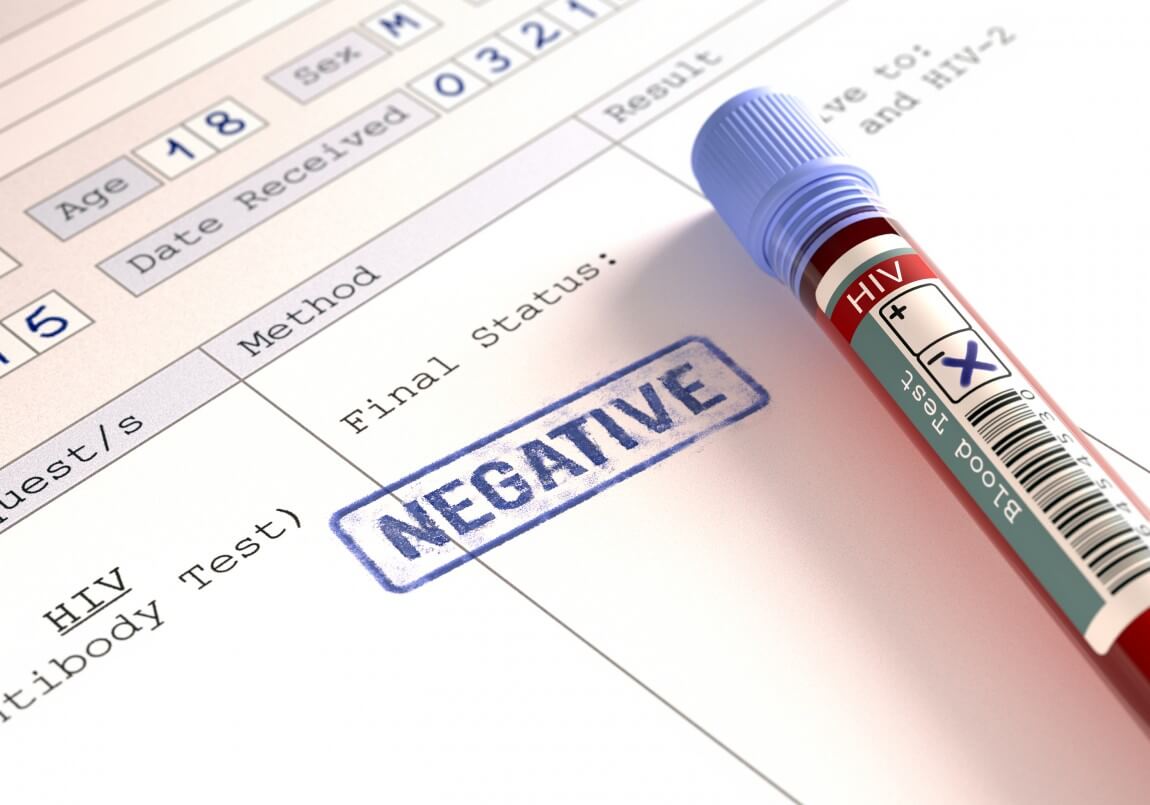Human immunodeficiency virus (HIV) is basically a virus which attacks the immune cells. HIV causes a lot of damages to the immune system of an individual. The infection increases slowly and it kills the CD4 cells that are present in the body. The body of an individual becomes infection-prone when these cells are destroyed. This may also lead to different type of cancers.
Symptoms of HIV That You Should Know About
Source : aidsmap.com
HIV generally follows the pattern of Acute Illness, Asymptomatic period, advanced infection. The most common symptoms of HIV:
- Body rash
- Severe headaches
- A sore throat
- Fever
- Joint pain
- Vomiting and nausea
Other symptoms include:
- Shortness in breathing and cough
- Chills, night sweats, and recurring fever.
- Memory loss and even neurological disorders.
- Fatigue that is chronic in nature.
Diagnosing HIV
Source: welfarelabs.com
For diagnosing HIV, a blood test is the most common way. This test basically focuses on the condition of the antibodies that are present inside the body. It takes almost 6 weeks for antibodies to develop into a virus. Early testing is very crucial. A treatment plan is necessary as prescribed by the doctor. An individual has to go through some tests. These tests include:
Antibody screening tests
Source: chicagohealthonline.com
This is the type of test that focuses on checking the kind of protein that the body makes for responding to the HIV infection. It is also known as the ELISA test. ELISA stands for enzyme-linked immune sorbent assay. If the result is a positive one, then without a second thought it can be confirmed that HIV infection is present in that particular body. To gain more knowledge about the ELISA test, you can visit www.mybiosource.com
Saliva tests
Source: thedailychronic.net
This is a type of test that is done by placing a cotton pad inside an individual’s cheek to obtain their saliva. The pads are sent to the laboratory for testing after being placed in a vial.
Antibody combination tests
Source: agrisera.com
This is another type of blood test that is recommended by the CDC. Through this test, HIV can be detected around 20 days earlier than the antibody screening tests. A rapid antigen/antibody test can even give the result within 15-20 minutes.
RNA test
Source: internapcdn.net
This test directly looks for the virus that affects the antibodies. It is quite expensive so basically, it isn’t recommended in the first stage. RNA test can diagnose HIV around 10 days after the individual has been exposed.
Viral load test
Source: endingaids.org
This test is very useful in measuring the amount of HIV present inside the body of someone who has been exposed. Branched DNA helps in measuring the amount of HIV present in the blood.
Results and follow-up
Source: ilsitodisicilia.it
A positive result certainly means that there were some traces of HIV. After getting a rapid test done, one should always follow up with a standard lab test, which will help it in confirming it.
Conclusion
HIV cannot really be treated completely after it has been successfully diagnosed, but the patients can be assured that they will gain back their lost immunity. Furthermore, the treatment ensures that the virus will not spread to the partners even when they are involved in sexual activities.



